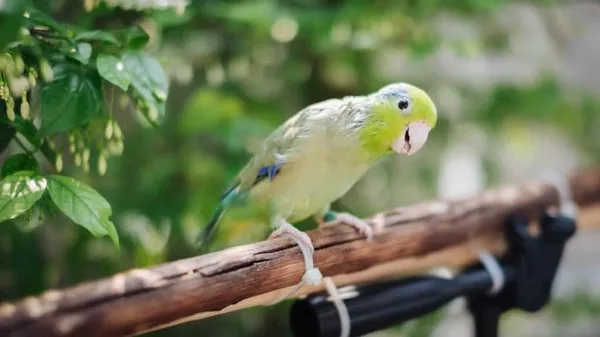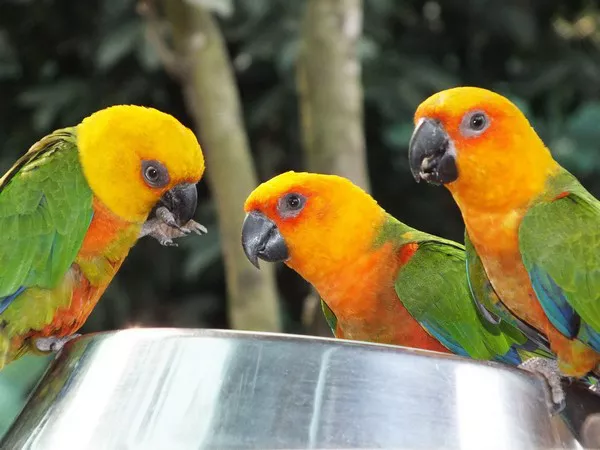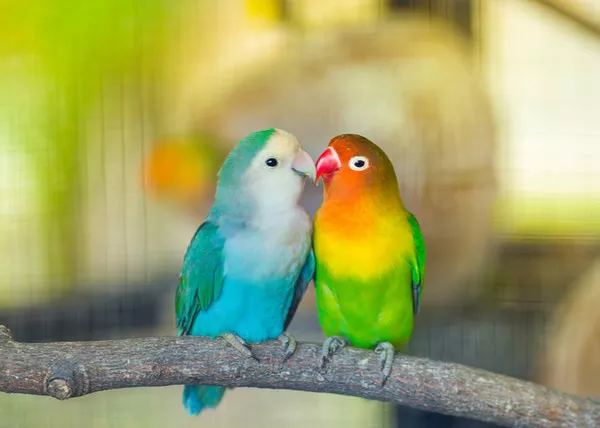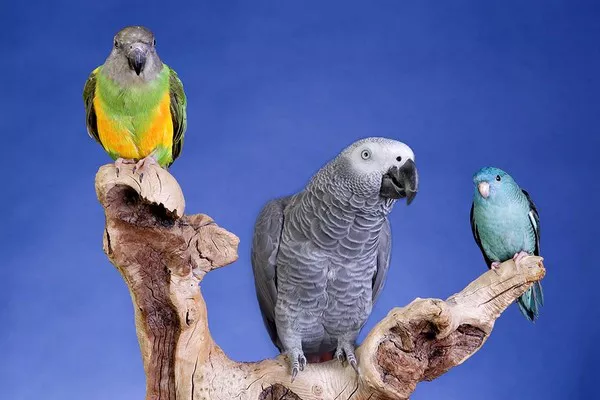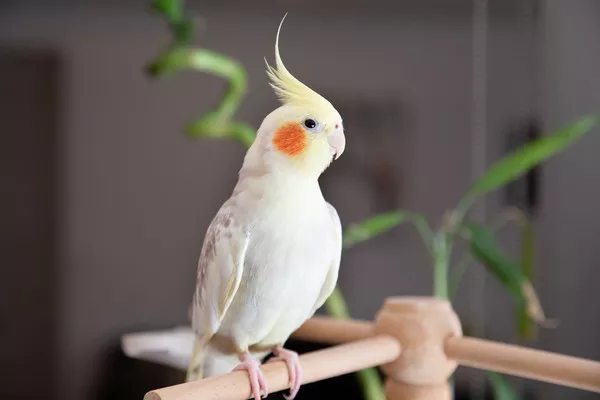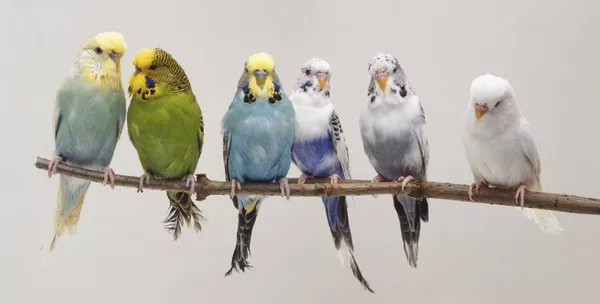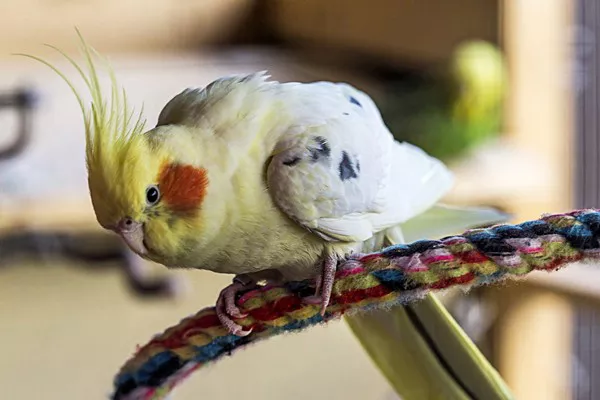African Grey parrots are known for their intelligence, social nature, and striking appearance. However, if you’re considering adding one of these birds to your home, you may be concerned about their noise level. In this article, we’ll explore the topic of African Grey parrot vocalization, including how loud they can be and what factors can influence their noise level.
Natural Vocalization
First, it’s important to understand that African Grey parrots are naturally vocal birds. In their natural habitat, they use a variety of calls to communicate with other birds, establish territory, and warn of potential threats.
In captivity, African Grey parrots will also vocalize in order to communicate with their owners or express their emotions. This can include whistling, mimicking sounds or words, and making various chirping or squawking noises.
Loudness Level
When it comes to determining how loud African Grey parrots can be, it’s important to note that every bird is different. Some African Greys may be more vocal than others, depending on their personality, age, and environment.
In general, African Grey parrots can be quite loud when they vocalize. They have powerful lungs and vocal cords, which allow them to produce a wide range of sounds at varying volumes. Depending on the individual bird, an African Grey parrot‘s vocalizations can range from soft and gentle to ear-piercingly loud.
Factors that Influence Noise Level
There are several factors that can influence the noise level of African Grey parrots:
- Age:
Younger African Grey parrots are typically more vocal than older birds. As they mature, they may become more reserved and less prone to vocalizing.
- Environment:
The environment in which an African Grey parrot lives can impact their noise level. If the bird is housed in a noisy or stressful environment, they may be more likely to vocalize in order to communicate with their owner or establish territory.
- Attention:
African Grey parrots are social animals and require a significant amount of attention from their owners. If they feel neglected or ignored, they may become more vocal in order to get the attention they need.
- Hormonal Changes:
During breeding season or other times of hormonal changes, African Grey parrots may become more vocal as a way to establish nesting territory or attract a mate.
Managing Noise Level
If you’re concerned about the noise level of an African Grey parrot, there are several strategies you can use to manage their vocalizations:
- Positive Reinforcement:
Reward your African Grey parrot for quiet behavior, such as staying calm when you enter or exit the room. This can help reinforce good behavior and reduce vocalization.
- Training:
Consider working with a professional trainer who specializes in bird behavior. They can help train your African Grey parrot to vocalize at appropriate times and reduce excessive noise.
- Environmental Changes:
Make sure your African Grey parrot has access to plenty of toys and enrichment activities in order to keep them occupied and reduce boredom-related vocalizing.
- Set a Schedule:
Establish a regular routine for feeding, cleaning, and interacting with your African Grey parrot. This can help reduce stress and anxiety, which can lead to excessive vocalization.
In Conclusion
African Grey parrots are naturally vocal birds and can be quite loud when vocalizing. The noise level of an individual bird can vary depending on factors such as age, environment, attention, and hormonal changes. However, with proper training and management, it’s possible to reduce excessive vocalization and enjoy the company of these intelligent and social birds.
Additionally, it’s important to note that African Grey parrots require a lot of attention and social interaction in order to thrive. They can become bored and destructive if left alone for extended periods of time, so it’s important to provide them with plenty of toys, puzzles, and playtime outside of their cage.
In terms of diet, African Grey parrots need a varied and balanced diet consisting of fresh fruits, vegetables, grains, and protein sources such as nuts or seeds. It’s also important to avoid feeding them foods that are high in fat, sugar, or salt as these can be harmful to their health.
Overall, African Grey parrots make wonderful pets for those who understand their needs and are willing to invest the time and effort into providing them with a loving and stimulating environment. With proper care and attention, these birds can live long and happy lives, bringing joy and companionship to their owners for many years to come.
Recommended reading:


